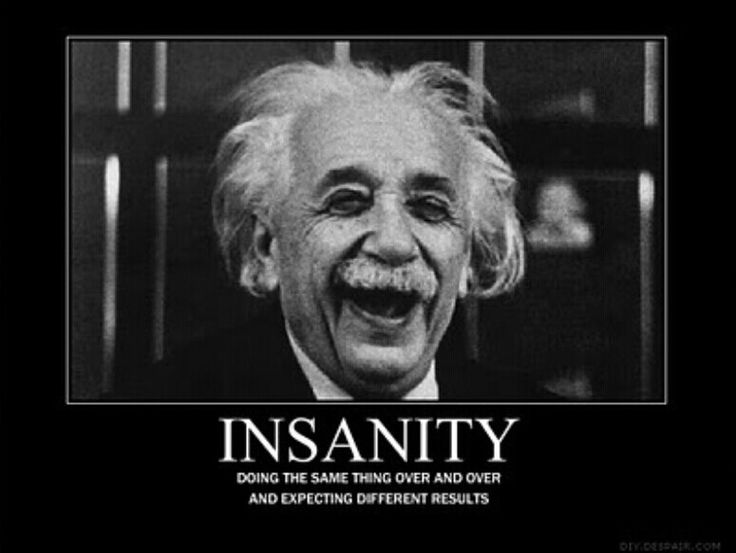The beliefs which we have most warrant for have no safeguard to rest on but a standing invitation to the whole world to prove them unfounded. Complete liberty of contradicting and disproving our opinion is the very condition which justifies us in assuming its truth for purposes of action; and on no other terms can a being with human faculties have any rational assurance of being right.
The need for freedom of expression rests on four grounds:
First, if any opinion is compelled to silence, that opinion may, for aught we can certainly know, be true. To deny this is to assume our own infallibility.
Secondly, thought the silenced opinion be an error, it may, and very commonly does contain a portion of truth; and since the general or prevailing opinion on any subject is rarely or never the whole truth, it is only by the collision of adverse opinions that the remainder of the truth has any chance of being supplied.
Thirdly, even if the received opinion be not only true, but the whole truth; unless it is suffered to be, and actually is, vigorously and earnestly contested, it will, by most of those who receive it, be held in the manner of a prejudice, with little comprehension or feeling of its rational grounds.
And fourthly, the meaning of the doctrine itself will be in danger of being lost or enfeebled, and deprived of its vital effect on the character and conduct; the dogma becoming a mere formal profession, inefficacious for good, but cumbering the ground and preventing the growth of any real and heartfelt conviction from reason and personal experience.
J.S. Mill: On Liberty
All the selfish propensities, the self-worship, the unjust self-preference, which exist among mankind, have their source and root in, and derive their principal nourishment from, the present constitution of the relation between men and women. Think what it is to a boy, to grow up to manhood in the belief that without any merit or any exertion of his own, though he may be the most frivolous and empty or the most ignorant and stolid of mankind, by the mere fact of being born a male he is by right the superior of all and every one of an entire half of the human race: including probably some whose real superiority to himself he has daily or hourly occasion to feel; but even if in his whole conduct he habitually follows a woman’s guidance, still, if he is a fool, she thinks that of course she is not, and cannot be, equal in ability and judgment to himself; and if he is not a fool, he does worse — he sees that she is superior to him, and believes that, notwithstanding her superiority, he is entitled to command and she is bound to obey. What must be the effect on his character, of this lesson?
The relation between husband and wife is very like that between lord and vassal, except that the wife is held to more unlimited obedience than the vassal was. However the vassal’s character may have been affected, for better and for worse, by his subordination, who can help seeing that the lord’s was affected greatly for the worse? whether he was led to believe that his vassals were really superior to himself, or to feel that he was placed in command over people as good as himself, for no merits or labours of his own, but merely for having, as Figaro says, taken the trouble to be born. The self-worship of the monarch, or of the feudal superior, is matched by the self-worship of the male.
. All that education and civilisation are doing to efface the influnces on character of the law of force, and replace them by those of justice, remains merely on the surface, as long as the citadel of the enemy is not attacked. The principle of the modern movement in morals and politics, is that conduct, and conduct alone, entitles to respect: that not what men are, but what they do, constitutes their claim to deference; that, above all, merit, and not birth, is the only rightful claim to power and authority.
J.S. Mill: On the Subjection of Women
